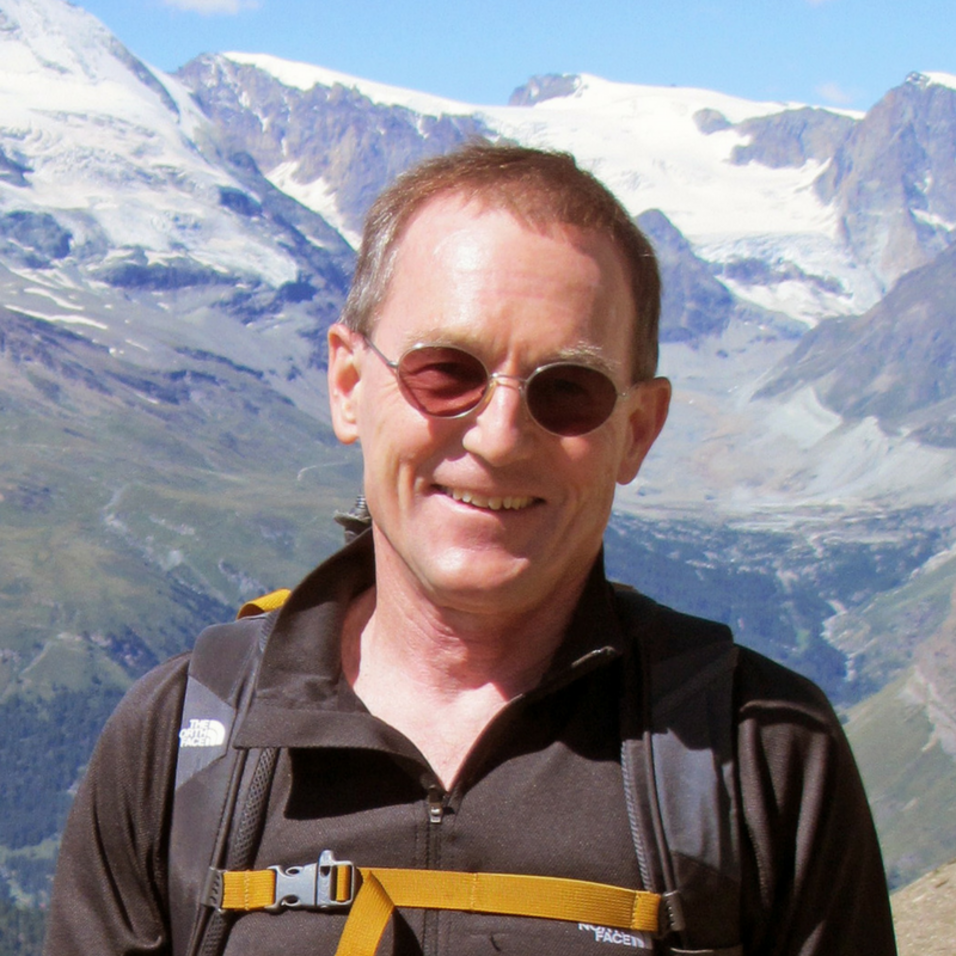Climate, cosmic rays and the CERN CLOUD experiment
The largest source of uncertainty in anthropogenic radiative forcing of the climate is due to the change of aerosols since pre-industrial times, and their effect on clouds. The CLOUD experiment at CERN recently reported in Nature (Kirkby et al., 2016) that biogenic vapours from trees produce abundant particles in the atmosphere in the absence of sulphuric acid, which largely arises from fossil fuels. CLOUD also found that ions from galactic cosmic rays enhance the particle formation rate by 10–100-fold. Nucleation of pure biogenic particles may have far-reaching implications for our understanding of climate change. First, it will raise the baseline aerosol state of the pristine pre-industrial atmosphere. Second, it may shed new light on the long-standing question of a physical mechanism for solar-climate variability. This talk will present the scientific motivation for CLOUD and the potential implications of pure biogenic nucleation for climate change.
Short Biography
Jasper Kirkby is an experimental particle physicist at Goethe University Frankfurt and CERN. After completing his degrees at the Universities of Oxford and London, he spent 12 years at Stanford Linear Accelerator Center (SLAC) before joining CERN in 1984 and, in 2013, Goethe University Frankfurt. In 1987 he originated the idea for a new accelerator - the Tau-Charm Factory - which was eventually realised as BEPCII in Beijing. He has originated the ideas for several large experiments and then gone on to lead the projects: the DELCO detector at SPEAR and then PEP, the FAST experiment at PSI, and the CLOUD experiment at CERN.
Location
Lise Meitner Hörsaal, Strudlhofgasse 4, 1st floor, Vienna
Monday, 12 December 2016,
The meet and greet will take place at 17:00.

